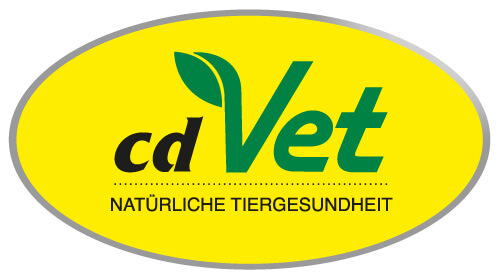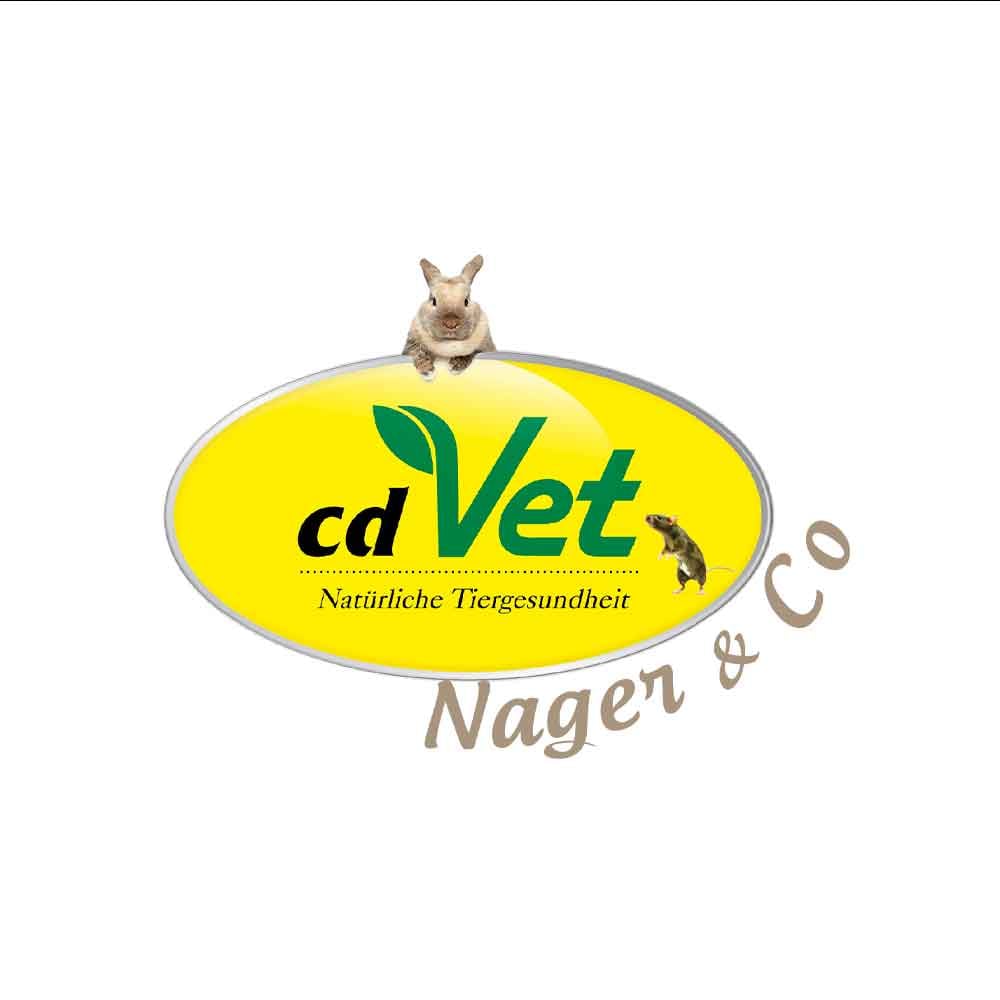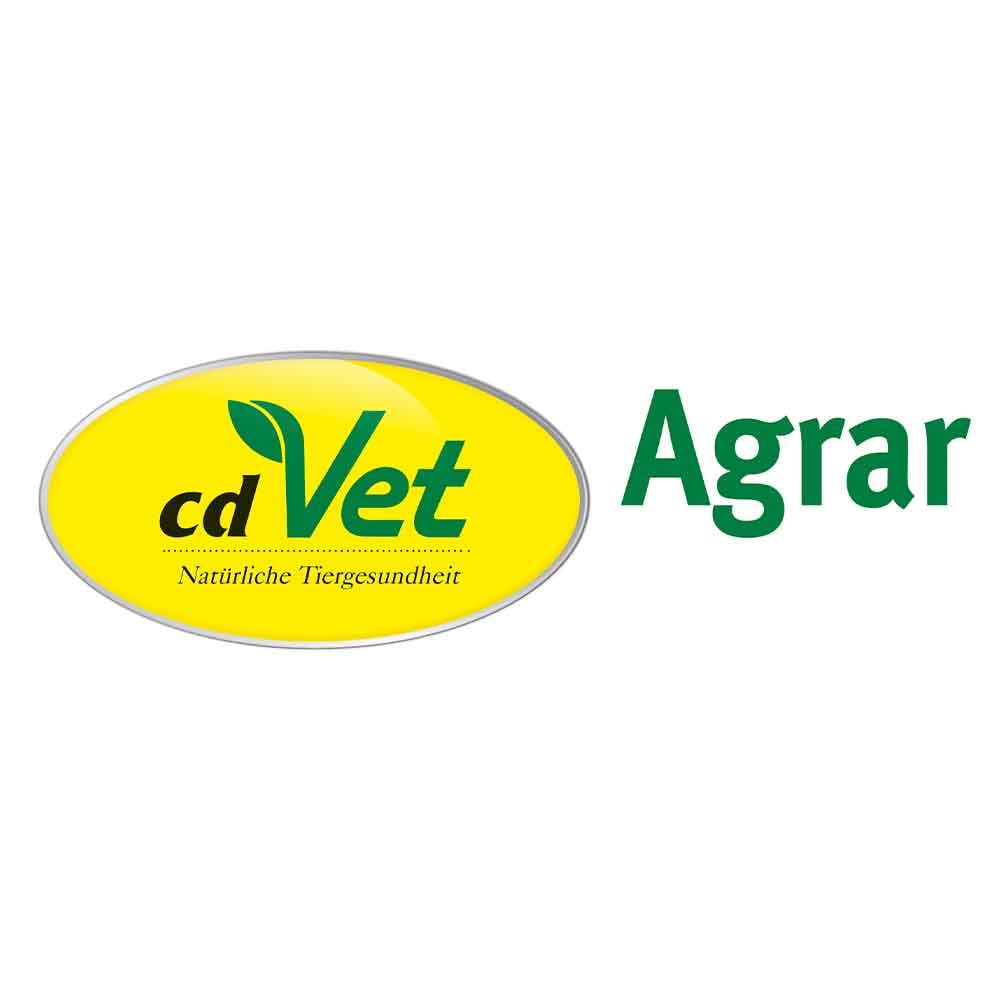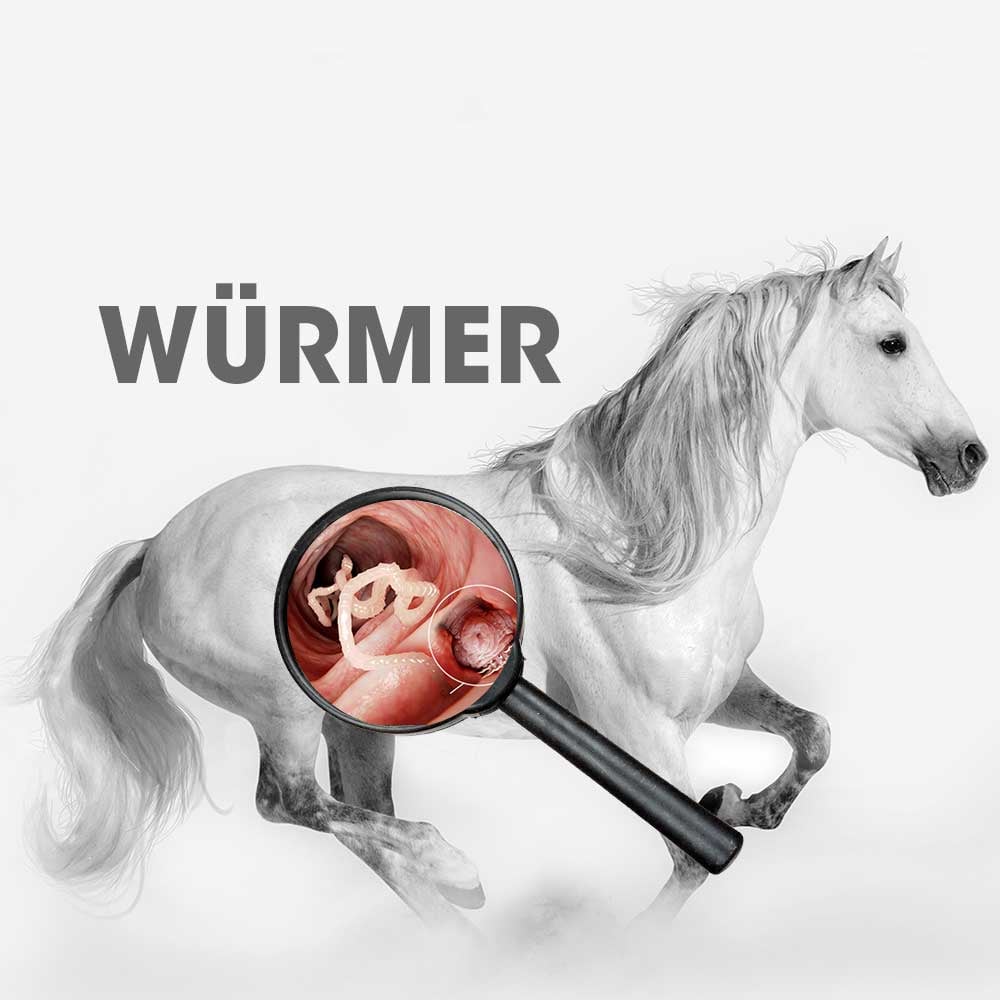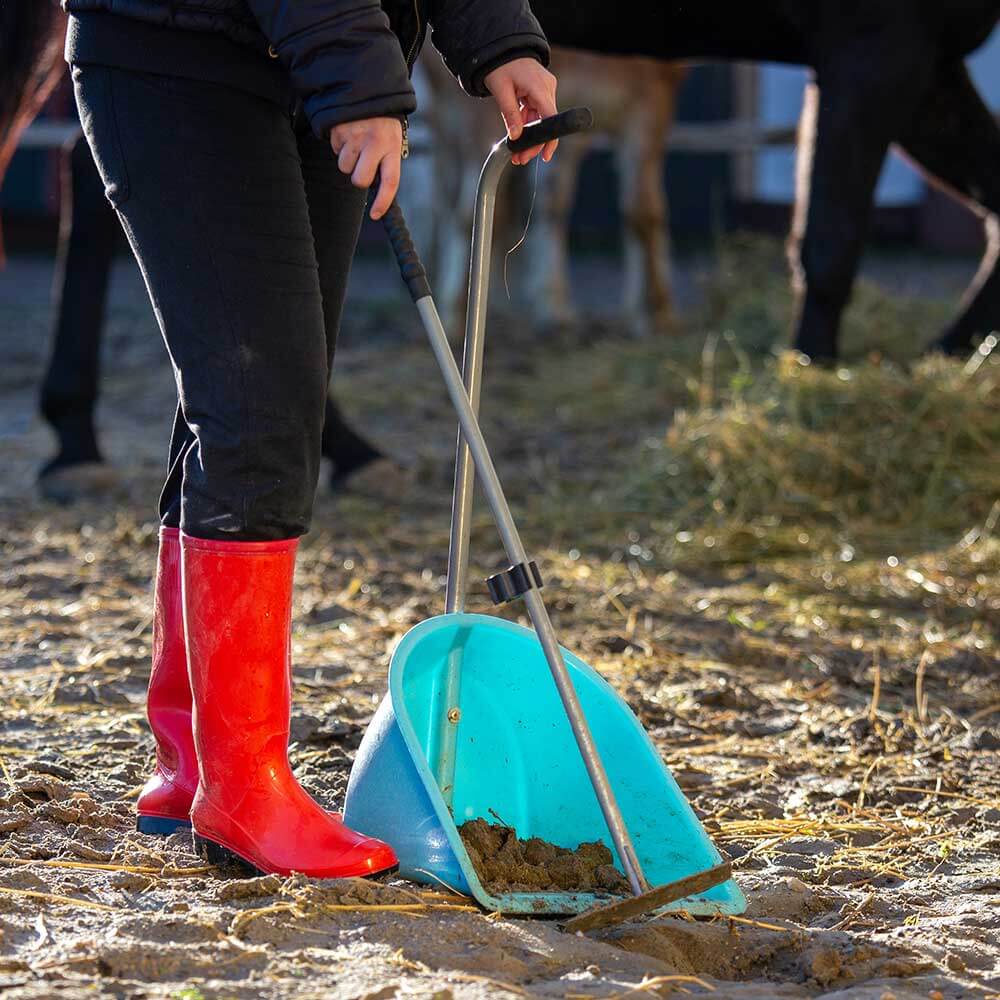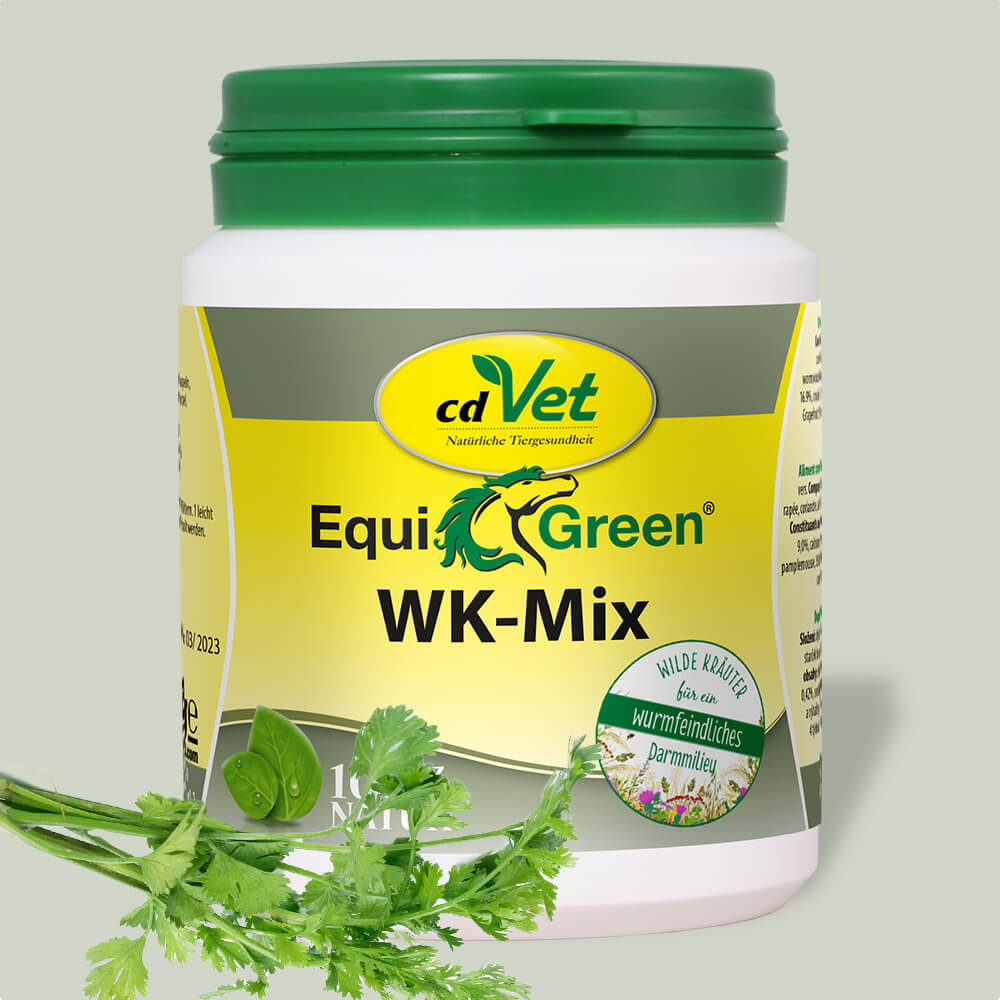There's a worm in there!
Most horse owners dread worms. Lots of negative buzzwords buzz around in their heads and it's not uncommon for many horse owners to have the destruction of all worms on their strategy plan.
Several times a year, chemical dewormers are used for this purpose. And this despite the fact that every day, attempts are made to make the horse's diet more natural and true to its original. But with chemical dewormers, it doesn't matter, because they undoubtedly accept that they are chemical weapons, because the worms have to be removed after all.
The question is, does it really have to be that way? What happened back then, when there were no worming treatments? Horses were not wiped out by worms. In the past, horses were used as a means of transport and their droppings were everywhere. A horse weakened by worms would never have been able to perform the tasks required of it. So the worms don't want to destroy our horse from the inside? No, that's not usually on their agenda. Worms want to survive and they can only do that if they don't kill their hosts.
Horses in the wild have sought out herbs that are important in various health situations. With regard to worm infestation, for example, these are plants that cover the need for bitter substances, tannins and other natural ingredients that are healthy for digestion and pose a significant problem for the worms in the intestines.
The principle of worm-hostile feeding means that a balanced diet creates a healthy intestinal environment, which, due to its natural hostility to worms, contributes to the fact that only in rare cases does a pathological worm infestation occur that requires treatment. This status can be checked by taking occasional stool samples.
This does not mean that a severe worm infestation should be ignored; in such cases, the veterinarian or animal therapist should be contacted!
We now want to take a closer look at some types of worms that can occur in horses.
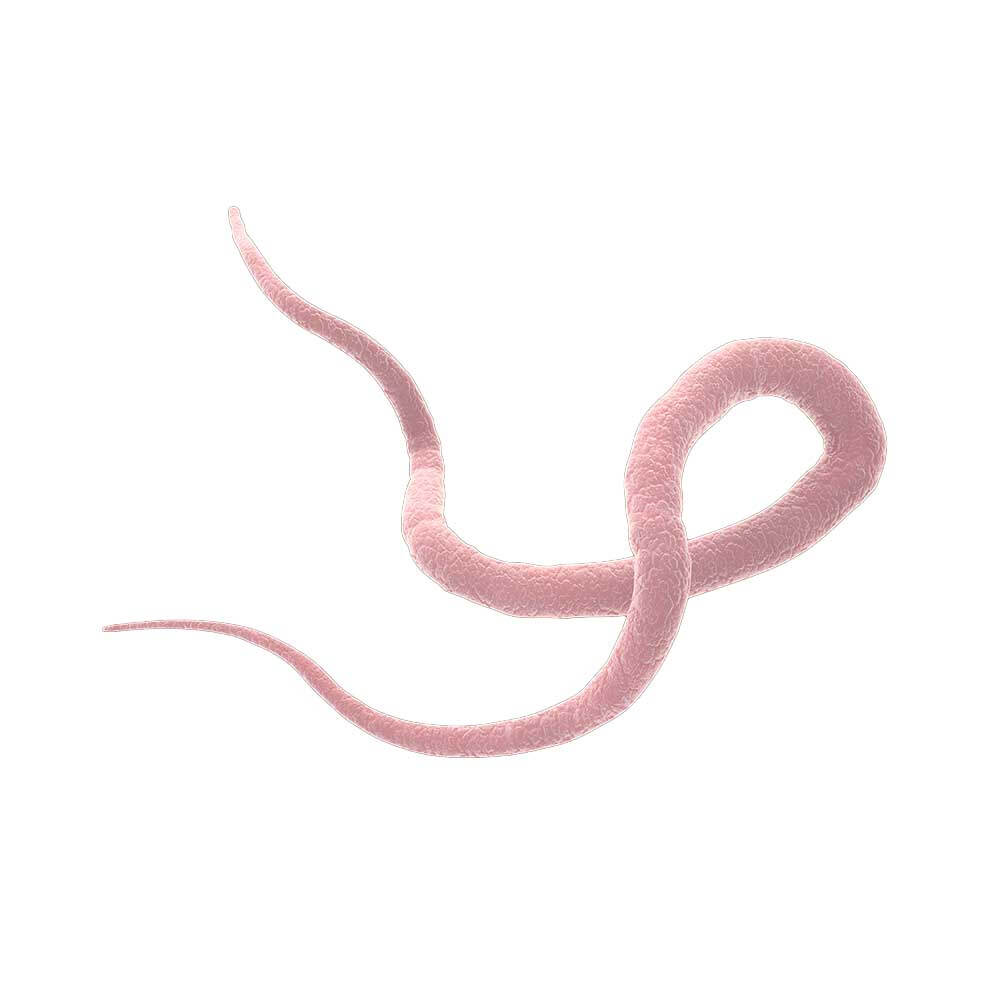
The roundworm
The roundworm has a preference for younger horses and foals. Horses from 2 years of age can also be affected, but they have usually already built up an immunity. The infection is absorbed via the roundworm eggs, which remain alive for years because they are extremely resistant to environmental influences such as dryness, temperature fluctuations and chemical agents. The adult worms make themselves comfortable in the small intestine. At 5-50 cm, they are extremely large and as thick as a pencil.
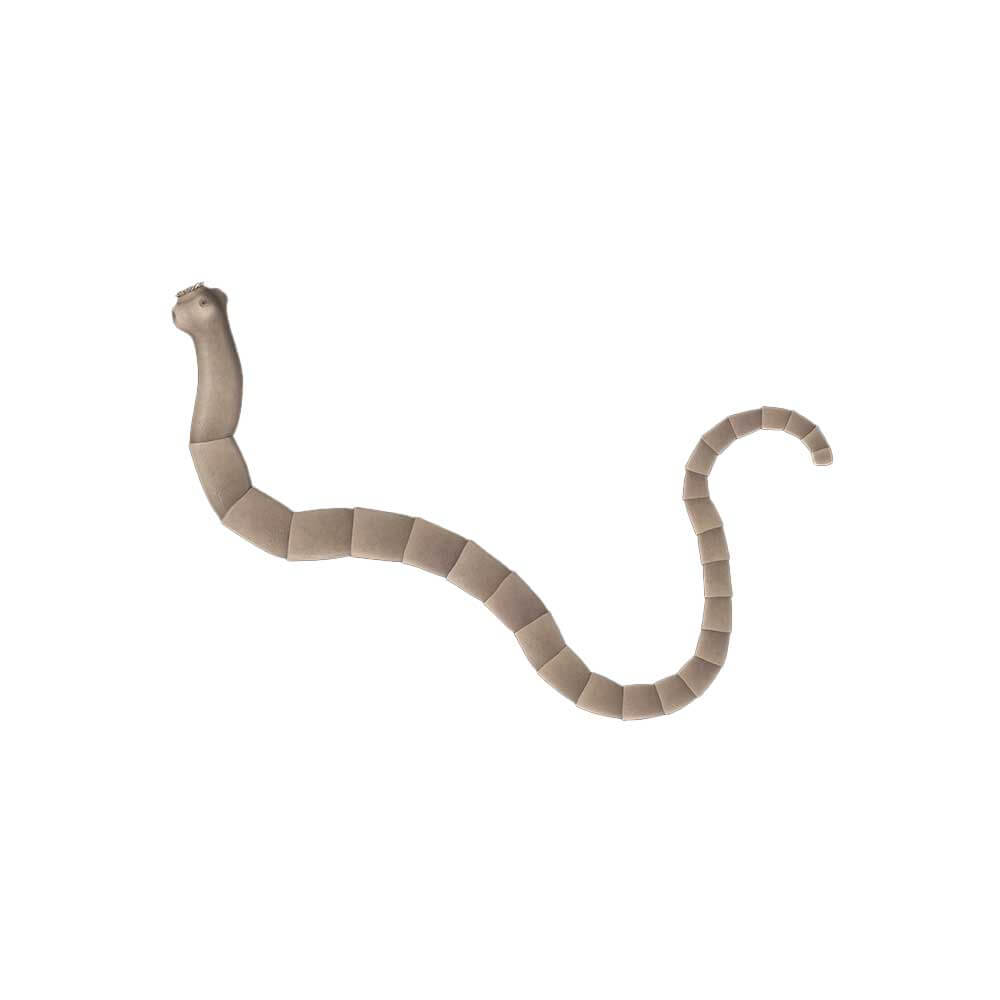
The tapeworm
The 2.5-4 cm long tapeworm is ingested without exception in conjunction with the moss mite (intermediate host). The moss mite feels particularly comfortable on damp pastures, but it also likes to eat hay and straw. The tapeworm enters its host, the horse, by ingesting affected moss mites. There it attaches itself to the intestinal mucosa of the small and large intestine. The cycle closes again when the eggs are excreted in the feces. This usually goes unnoticed, as only an excessive infestation leads to digestive disorders or external abnormalities.
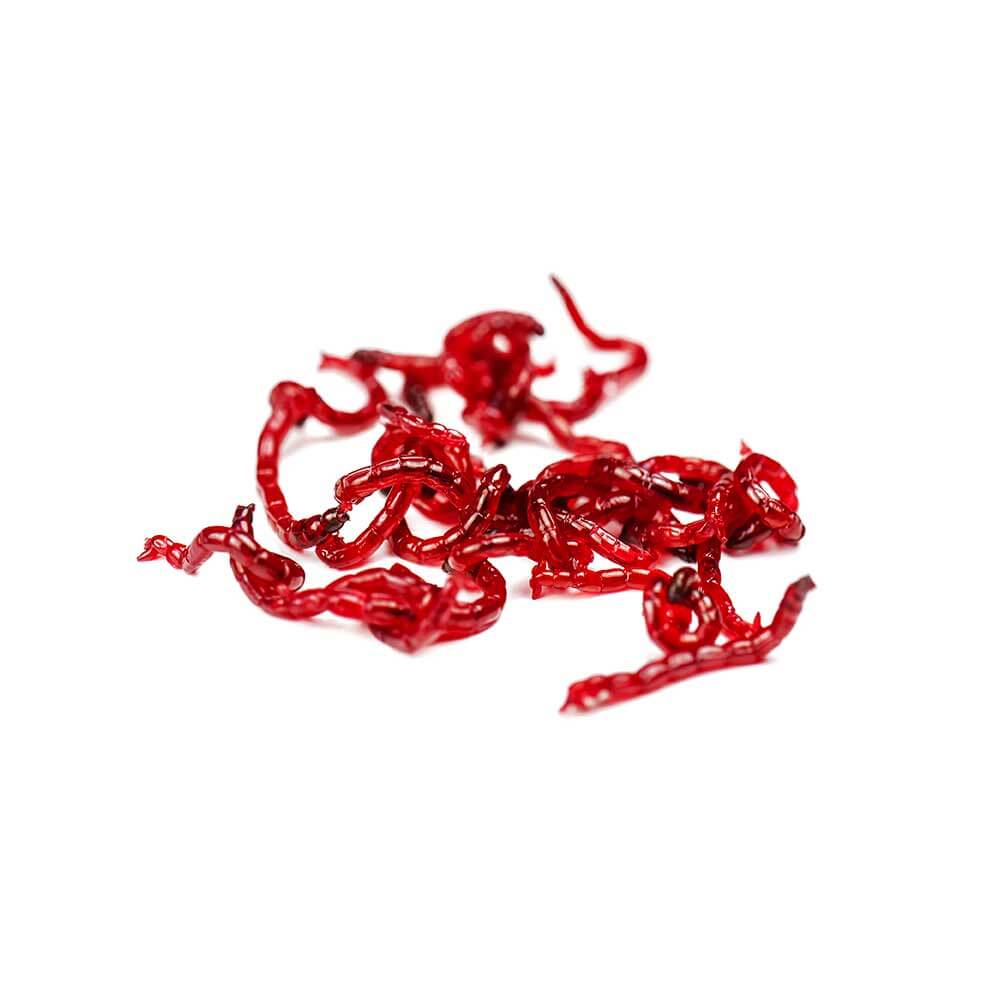
Bloodworm
Large strongyles, also known as "large bloodworms", have lost importance over time. There are three species: Strongylus vulgaris, Strongylus edentatus and Strongylus equinus. They are ingested via larvae on the pasture. They migrate in the blood to the large intestinal vessels. Their target is the inner lining of the intestinal arteries. The adult worms, which are up to 2.5 cm long, attach themselves to the intestinal mucosa of the cecum and large intestine.
Strongyles & pinworms
50-60 different types of worms are grouped together under the name of the small strongyles (small palisade worms). They are the parasites that are most common in Germany. Here, too, the worm larvae are ingested on the pasture.
The pinworms make the tail root look unsightly. The females lay their eggs like a string of pearls on the tail root, which leads to severe itching, the horse rubs itself, and tail hair falls out. If the eggs fall into the bedding, they continue to develop in the mucous membrane of the cecum and large intestine until they reach sexual maturity.
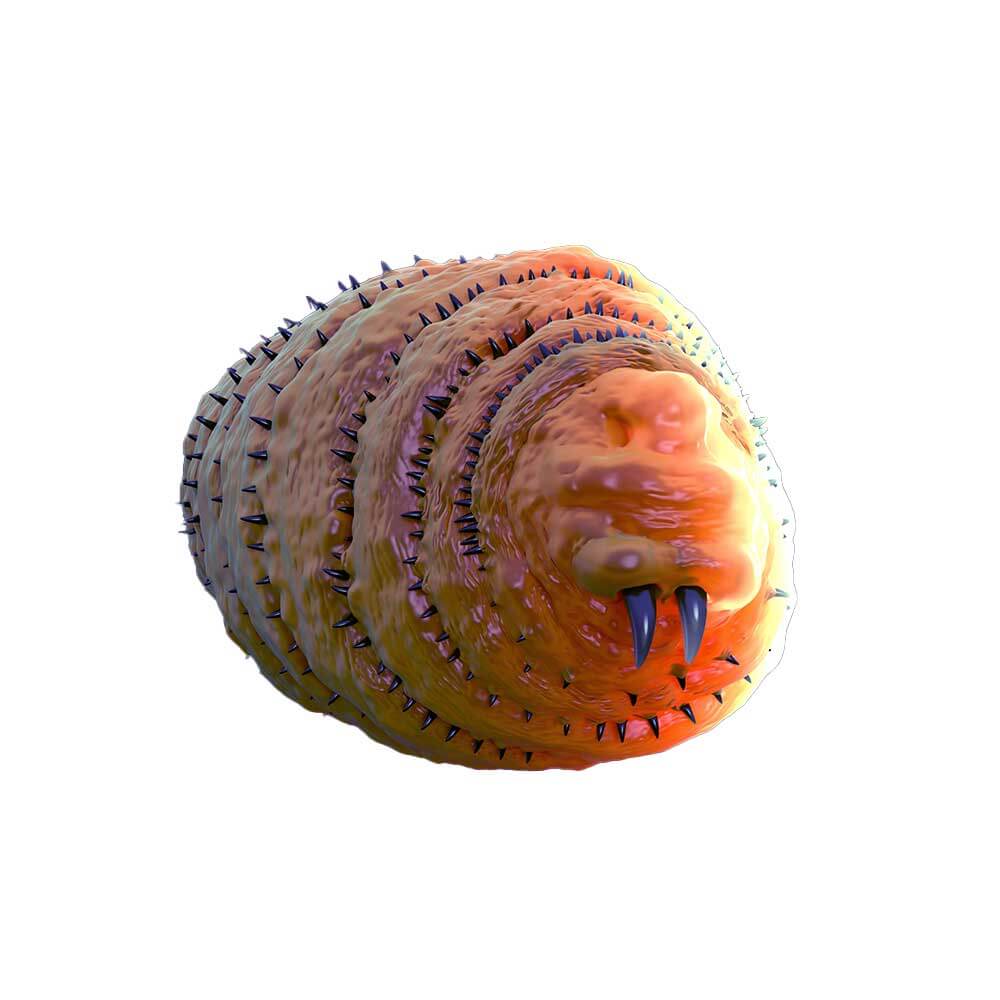
Stomach botflies
Female botflies usually lay their eggs on the front legs and are ingested by the horse by licking and nibbling. The larvae then hatch in the oral cavity and penetrate the oral mucosa. These are the stomach botflies. The 1.5 cm long larvae attach themselves to the stomach mucosa using mouth hooks.
Hygiene
Hygiene on the pasture and in the stable is the be-all and end-all. The pasture is the most common source of excessive worm infestation. This makes it all the more important to collect droppings regularly and change the paddock. To be 100% safe, droppings can be treated with an open gas flame, the final destination for worms, eggs and larvae. Mixed/rotating grazing with ruminants is also a good idea. In the stable, care must be taken to remove droppings daily, keep boxes dry and avoid deep litter.
Stool sample
There are not always worms in the horse's stool, as the worm eggs are not excreted continuously. The findings do not always reflect reality. Although it is difficult and expensive to take stool samples from all horses in larger farms, monitoring should still play a major role and chemical worming treatment should not only be given as a preventative measure.
Immune system
A well-developed immune system is able to deal with the worms. The majority of horses are infected with worms and cope well with them as long as the worms do not get the upper hand. With roundworms, the immune system only needs about a year to have them firmly under control. With palisade worms and strongyles, it takes around three years, after which the immune system can regulate the infestation. For a lifetime. So make sure your horse has a strong immune system.
Feeding against worms
A natural, balanced diet provides a safe basis. A lack of herbal ingredients such as saponins, bitter substances and tannins can lead to an increased susceptibility to excessive, pathological worm infestation. In the wild, horses could consume the herbs that are hostile to worms as needed. Due to the reduced plant diversity, horses no longer have this option today. EquiGreen WK-Mix can therefore be fed to strengthen digestion in relation to worm infestation through nutrition. Natural herbs strengthen the intestinal flora and make things uncomfortable for the worms.
€90.95*
Available, delivery time: 1-3 days
